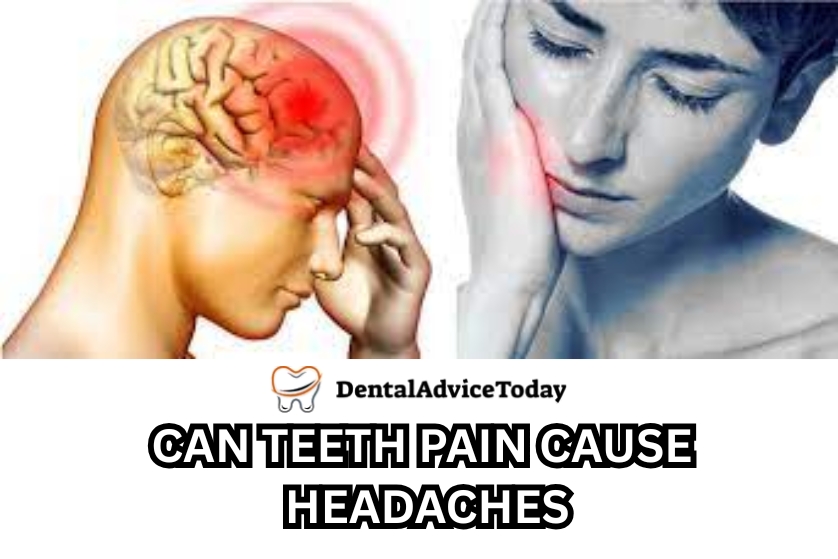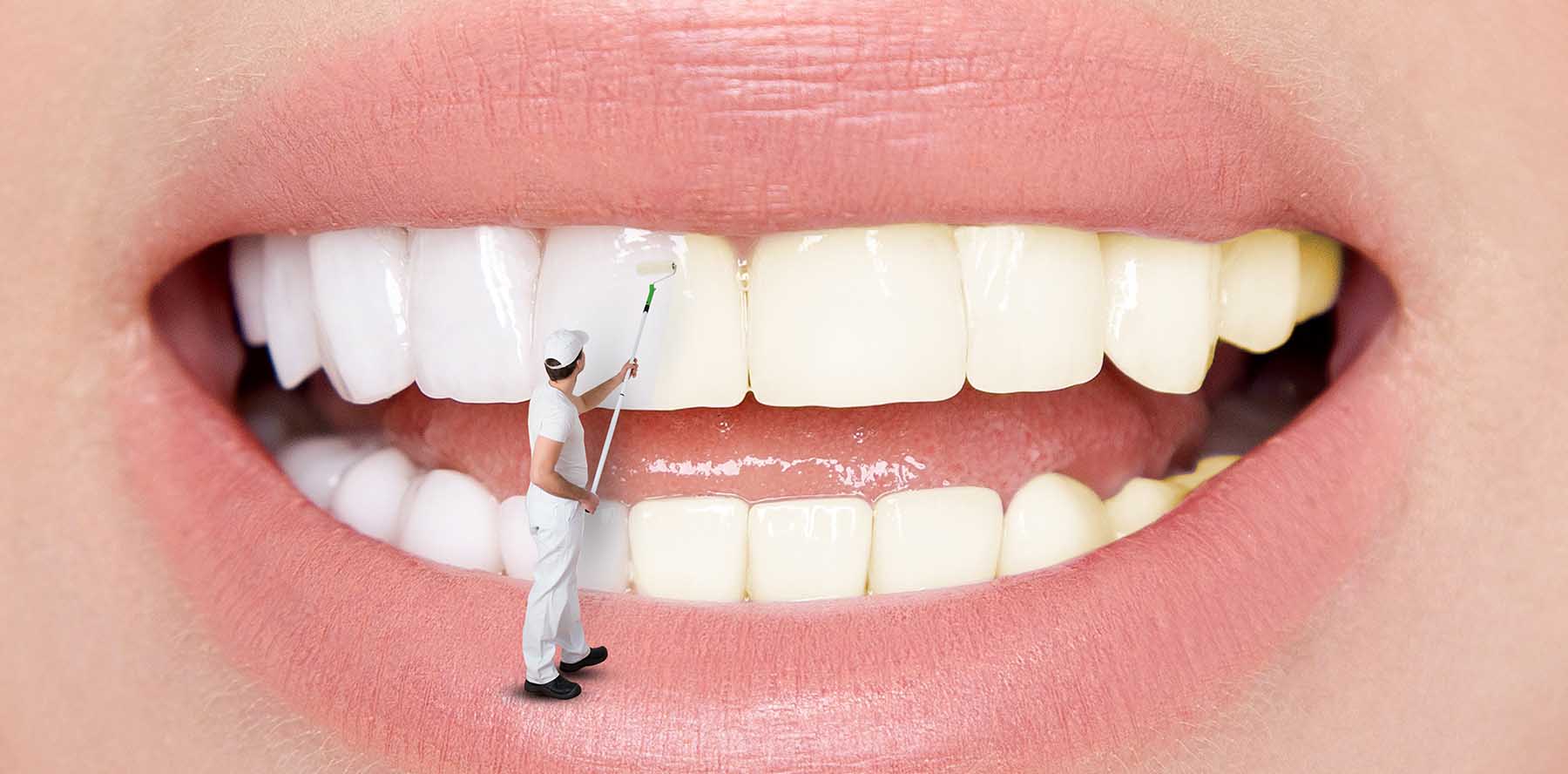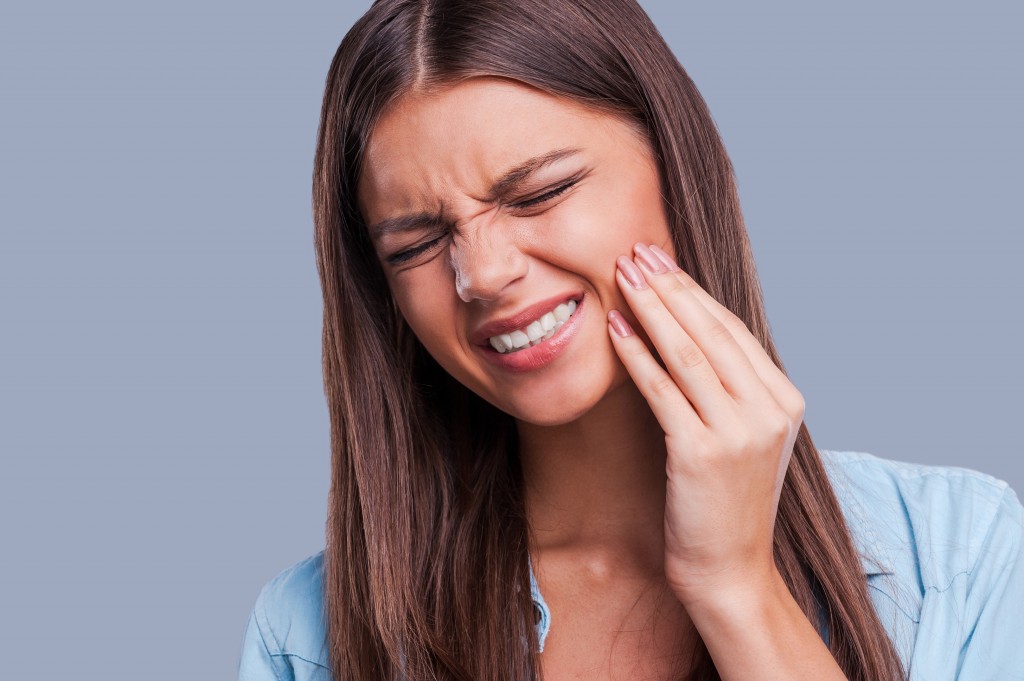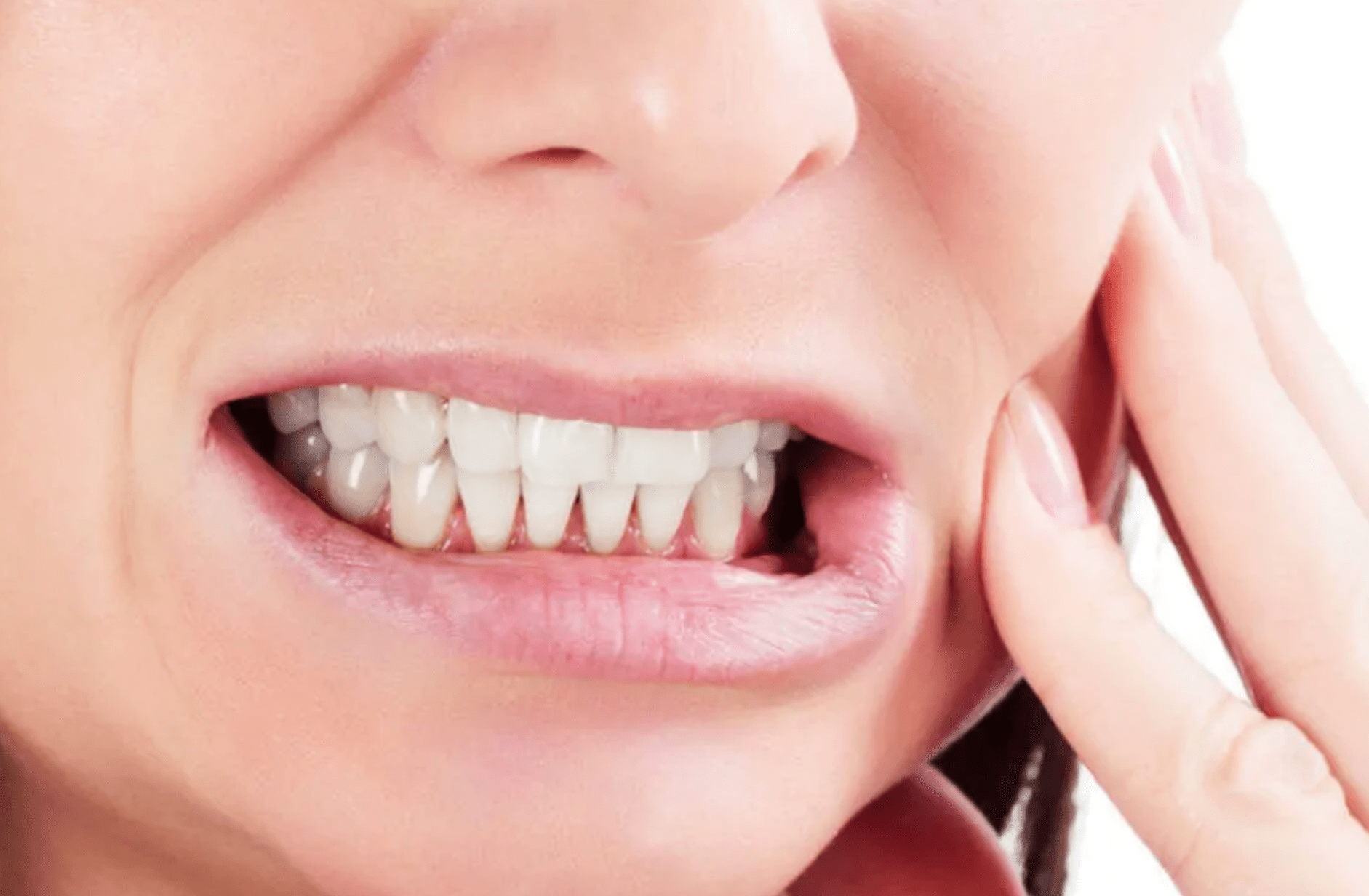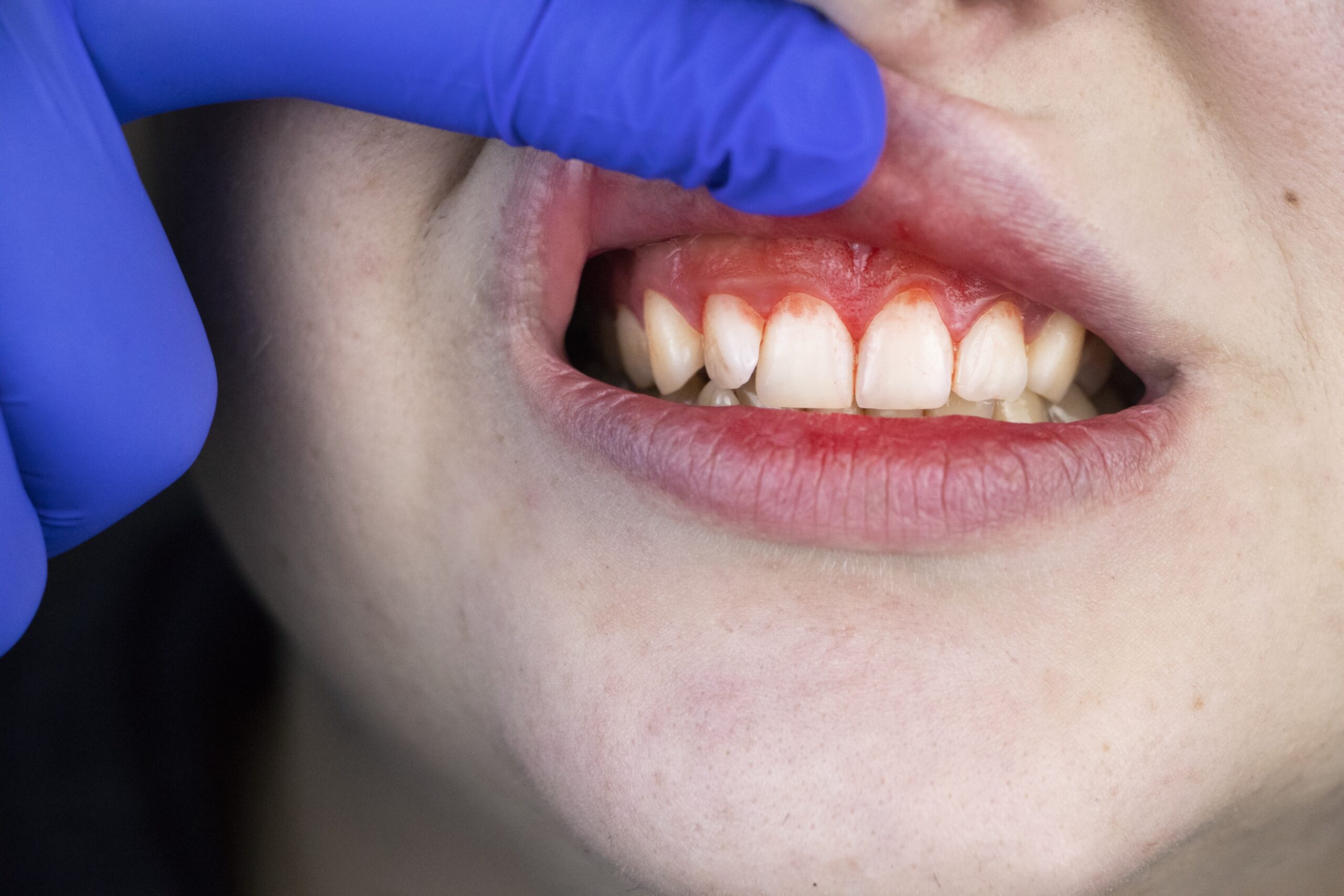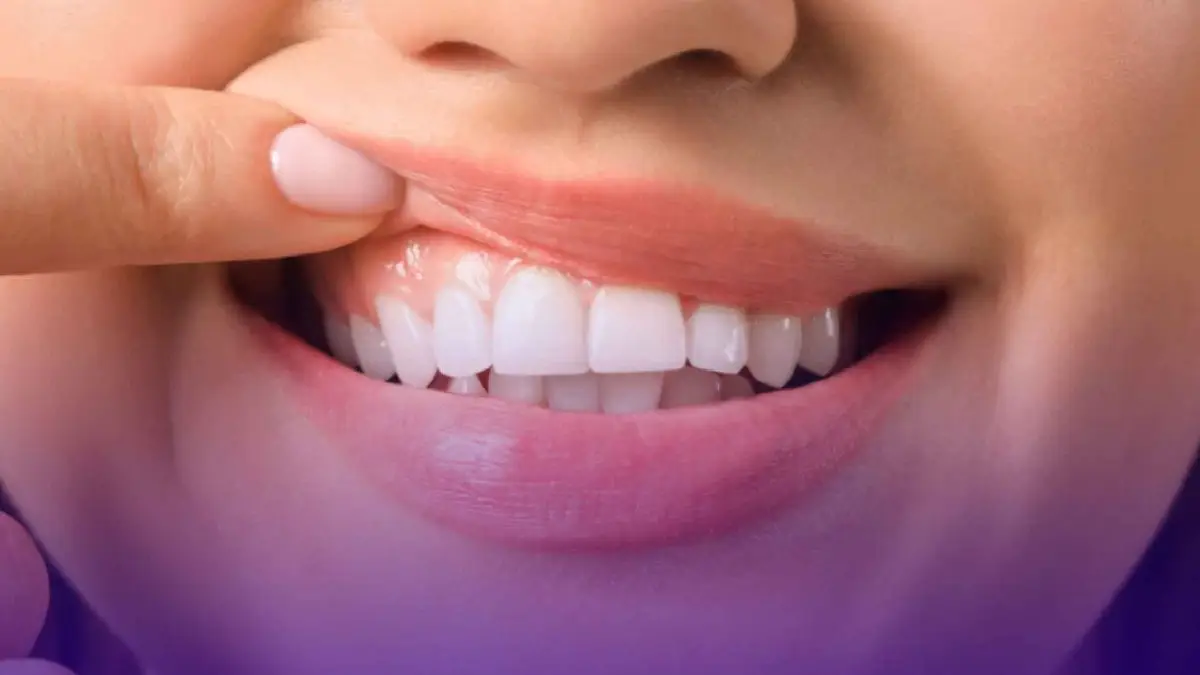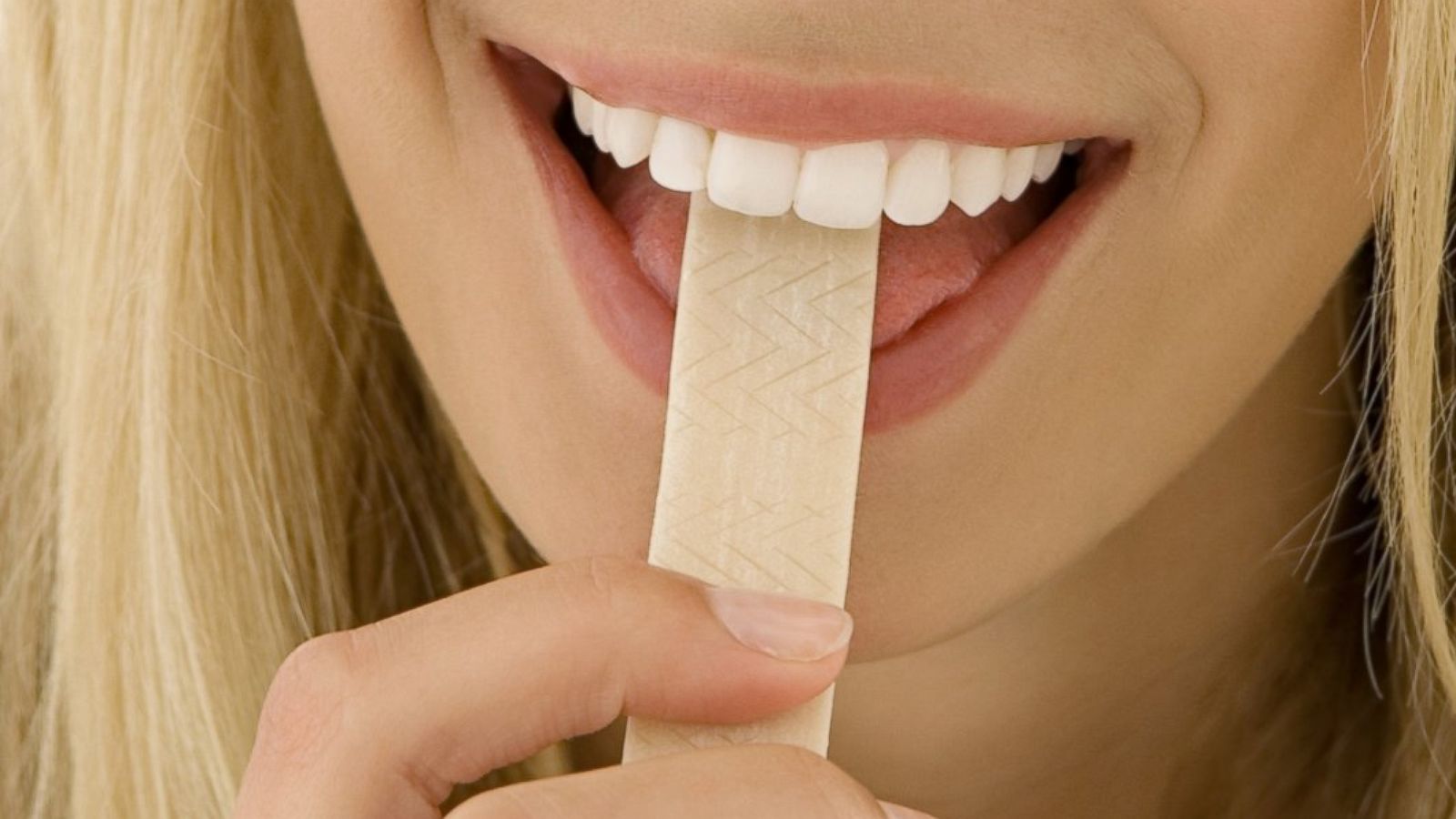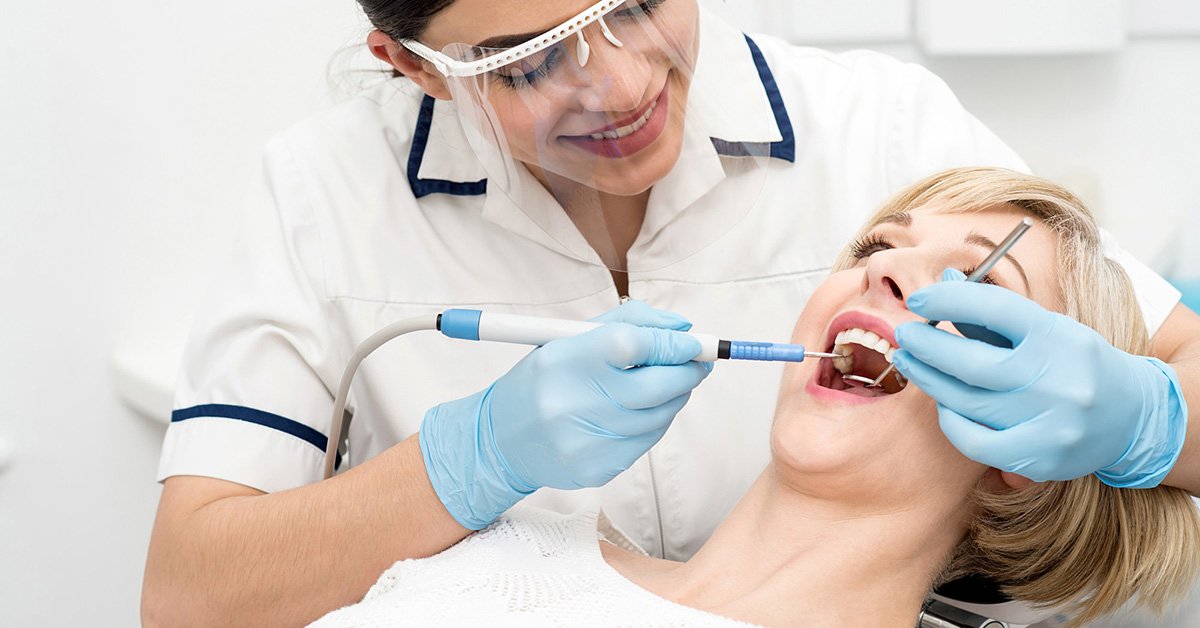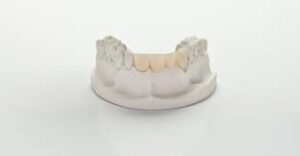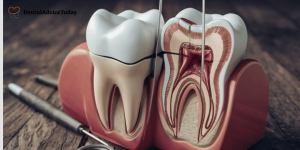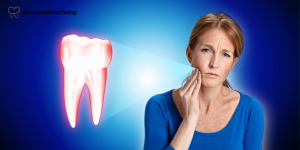Have you ever experienced a sharp tooth before and then a headache? Can teeth pain cause headaches? Questions that come to mind are whether the two are linked. The answer is yes. Tooth pain may result in headache, and sometimes headache may make tooth pain worse. Your mouth and head are synonymous. The nerves in your teeth are linked with the nerves in your head. When one thing becomes injured, the other one responds. This blog will provide you with information on how tooth pain may lead to headaches, what to watch for, and how to avoid it.
Teeth Pain Causes Headaches: Periodontal Pain
Your teeth gums and jaw are components of a larger system. When something is wrong in your mouth, your head can sense it. The nerves that pass through your teeth lead to the trigeminal nerve. Most of your face and head are also feeling this nerve. This is why when something goes wrong in your tooth, it can make you feel pain in your head. When you experience a toothache and a headache at the same time, it is not normally by chance.
Why Do Nerves in the Mouth Trigger Headaches?
The trigeminal nerve is highly sensitive. The nerve transmits high levels of pain when your tooth is infected, decayed, or inflamed. These impulses move to your brain. The brain does not necessarily understand the point of origin of the pain. It is instead a response that causes pain in your head, too. That is why some tooth issues may be experienced as a headache. The clenching, grinding, or an infected tooth may add even more pressure that causes the pain. This pain should not be neglected.
Do Gum Problems Cause Headaches?
Yes, headaches may have a lot to do with gum issues. Gum disease is a cause of swelling and infection. Inflammation passes these signals of pain via your nerves. When you have reddish, inflamed, or bleeding gums, that may contribute to your headache pains. The jaw is sometimes also infected by gum infection. The sore jaw will cause tension in your head. In case you observe both gum problems and headaches, you need to be checked. The headache is usually intensified by ignoring the issue of the gums.
Do Wisdom Teeth Removal Cause Headaches?
In most cases, wisdom teeth are the teeth that push other teeth as they develop. This strain produces pain in the jaw and the gums. The stress is transferred to your head. A typical cause of severe headache is impacted wisdom teeth that become lodged under your gums. They also have the ability to cause swelling and infection. Now, in case you frequently experience headaches in the back of your head or temples, then it might be caused by your wisdom teeth. In case you think that it is because of the wisdom teeth, you should visit a dentist.
How Does Teeth Pain Cause Headache?
There are numerous ways in which tooth pain may cause headaches. The most widespread causes are as follows:
- Nerve Irritation: Irritation of the nerve in your tooth produces significant pain signals. These signals mix up the brain and radiate pain to the head, leading to a headache.
- Jaw Tension: Tooth pain causes you to clench your jaw. This places a strain on your muscles. The tight jaw muscles transfer the pain upwards, and this results in tension headaches.
- Infection Spread: This infection is transmitted to adjacent tissue by a tooth infection. This pressure influences the sinus area. Very soon, sinus pains and swelling cause painful headaches.
- Grinding Teeth: A lot of individuals grind their teeth at night. This creates jaw strain. The strain results in sharp or throbbing headaches in the morning.
- Affected Teeth: The teeth that are affected are the wisdom teeth, affecting other teeth. This causes an ache and swelling of the jaw. The resulting added stress usually produces common headaches in the temples.
Can Infections in the Mouth Cause Headaches?
Infections are a major cause of headache. A dental abscess occurs when bacteria infect a gum or tooth. The infection generates pressure and pus. This pressure passes on your nerves and tissues, hence causing your head to hurt. There is also transmission of infections to the sinuses. You experience pain over your face and forehead when the sinus fills with fluid or swells. This is a soreness, like a headache. Infections cannot be overlooked because they may be transmitted and cause serious health problems.
When Should You Visit a Dentist?
Do not wait long when you have pains in the teeth and headaches together. These are some of the reasons why you should visit a dentist:
- Toothache aches for longer than two days.
- In case the headaches continue along with the toothache.
- In case of gum or facial swelling.
- When you bite or chew any food, it hurts.
- As you experience a fever and a toothache.
Conclusion
Headaches are closely related to tooth pain. Your head is connected to your teeth, mouth, and nerves. When one is hurt, the other responds. Even minor issues such as cavities or gum disease can cause severe pain in your head. Common causes include infections and wisdom teeth. These are the signs that should not be overlooked. The positive side is that the issue can be prevented with the help of regular care and timely dental visits. Avoid headaches because of healthy teeth. Never ignore your body, and remember to act early.
FAQs
Can teeth pain really cause migraines?
Tooth pain may indeed cause migraine in some individuals. The trigeminal nerve connects the pain in the tooth to the brain. This nerve becomes a trigger of migraine when it is stressed. In case you tend to experience migraine pain in the tooth, then a dentist should examine you.
Do all headaches come from tooth problems?
Not all headaches come from a tooth problem. Stress, dehydration, or other illnesses are also causes of headaches. However, when you have a toothache and a headache, both might be connected. A dentist will be able to test whether it is due to your teeth.
Can removing wisdom teeth stop headaches?
Sure, wisdom teeth are removed, and it helps. Affected or infected wisdom teeth cause severe pressure on the nerves and jaw. As a result of this pressure, headaches are common. After doing so, the pressure decreases, and most people can relax.
How do I know if my headache is related to Teeth pain?
When your headache is accompanied by a toothache or gum pain, then it is possible that it is dental-related. DMS also indicates dental causes when headaches are aggravated by chewing or biting. The best way to confirm is to visit.
